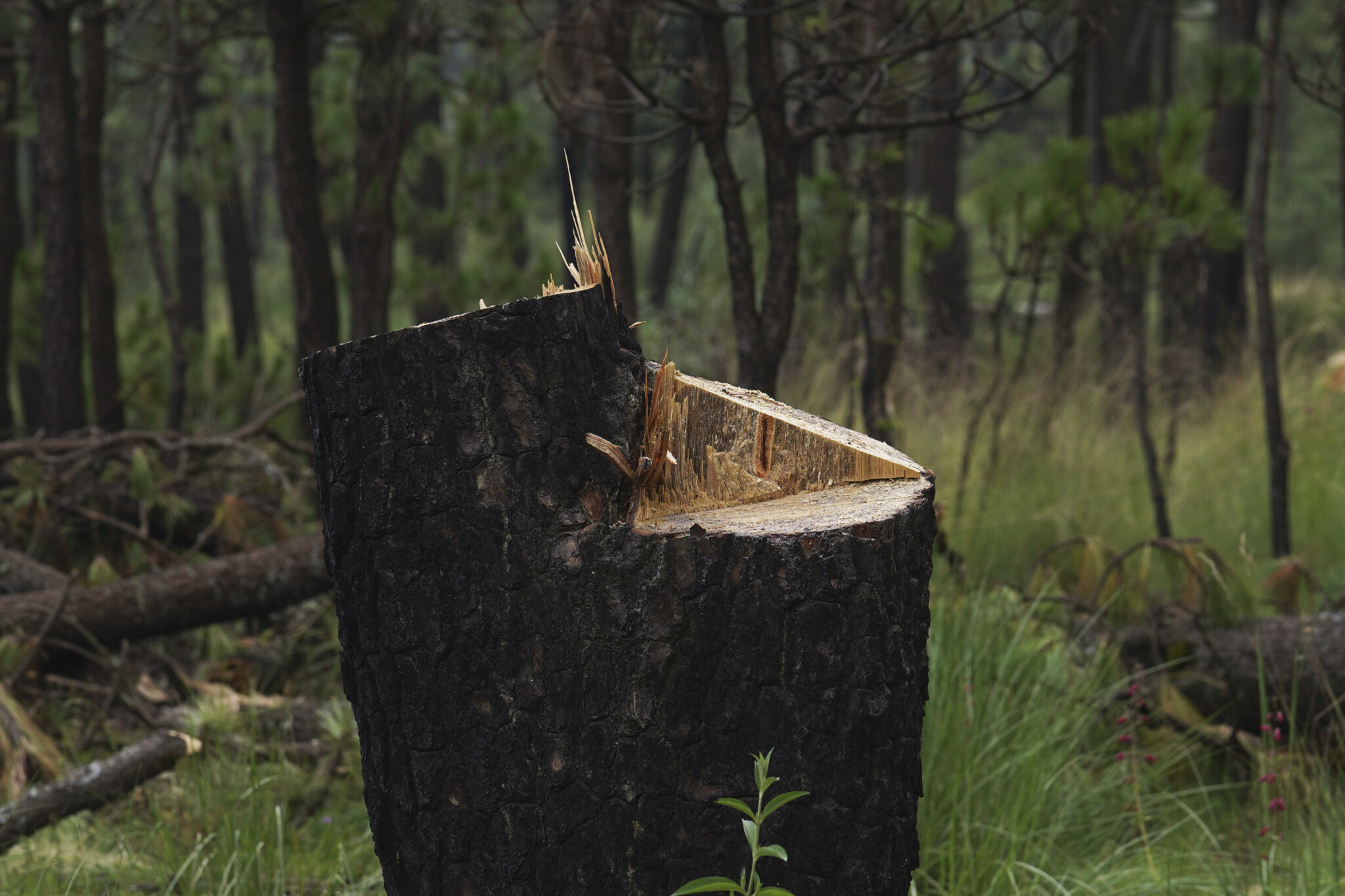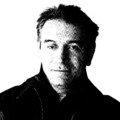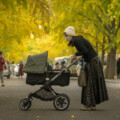In this week’s Hub book review, Patrick Luciani reviews Should We Go Extinct? A Philosophical Dilemma for Our Unbearable Times, (Crown Random House, 2024) by Todd May, in which the author examines Shakespeare’s fundamental question facing humanity: to be or not to be?
Every generation thinks it is living in the best of times or the worst of times. Today, many believe we live in the worst of times and no longer deserve to inherit the earth. Given the damage to the planet, constant wars, and conflict, would the world be better off without us?
That’s the subject of a new book, Should We Go Extinct? by Todd May, who teaches philosophy at Warren Wilson College in North Carolina. He’s also a consultant to The Good Place, a TV show about four people trying to understand what it means to be a good person.
May doesn’t argue the pessimism of Arthur Schopenhauer that life is suffering brought on by an irrational and insatiable “will” that constantly compels us to desire without satisfaction. Or the anti-natalism of philosopher David Benatar in his book Better to Have Never Been, that the absence of suffering in life is more important than the absence of pleasure; therefore, it is better never to be born.
May’s book makes a different argument that dwells not on human existential suffering but on the external harm we do. To justify our existence, we need to measure not only the pleasures and happiness created by humans from the arts, sciences, and music that bring joy and fulfillment but also the suffering and harm humanity brings to non-human animals and the damage to the planet.
A pure utilitarian would make the case that all outstanding human achievements, from Brandenburg concertos, the Sistine Chapel, the miracles of modern medicine, and the simple enjoyments of life, are worth losing if the harms to the earth are measured to be greater. May suggests that we add all the good things humans do against all the damage. It’s a cosmic profit and loss statement.
To be clear, May doesn’t conclude that we go extinct even if the ledger says we do more harm than good, but to think hard about the costs of human existence. Besides, even if we find the harm we do is greater than the good we do, how would we exit the earth? Mass suicide? Or release a viral disease? And who gets to decide? If we did disappear, who would be around to appreciate the world’s wonders? We’re more likely to exit the globe through stupidity and madness than calculations of our moral worth.
Even if we find more happiness in the world than bad, that world may not be the one we want to live in. Here, the author turns to the philosopher Derek Parfit, who shows that a world with a lot of happiness isn’t always the best. Much depends on how that happiness is distributed. But how do we measure the good or happiness against the harm? Here, he gives considerable weight to the damage we inflict on non-human animal life and the horrendous pain and suffering factory farms inflict on billions of cows, pigs, and chickens each day in the most inhuman ways. Living in a world of unimaginable animal suffering to satisfy our craving for meat is intolerable. And the deforestation and carbon emission that goes along with clearing land to feed a growing worldwide population.
To pay for our sins, May recommends bringing the world into a better moral balance by eliminating factory farms, living in a world with a smaller population, increasing economic equality between the rich and poor, and providing more education for women. He also wants to do something about growing world affluence that only adds to the problems of a growing demand for meat.
I was with May about the immoral treatment of animals and the harm we’ve collectively done to nature, especially the oceans. However, a smaller population isn’t an honest or realistic solution, nor is slower economic growth. In a counterintuitive sense, they are part of the solution.
Regarding a smaller population, we don’t know the earth’s carrying capacity for an ideal population level. What we do know is that prosperous countries experience declining populations worldwide. Rising income levels will bring population levels down, not up. We also know that deforestation is slowing or reversing. In the Northeastern U.S. and Canada, forests have returned over the past century as unproductive farmland is abandoned to nature. The effect of affluence on the environment is a mixed bag. Still, as countries grow more affluent, they demand a cleaner environment and can afford it. We can’t as of yet turn the clock on past carbon emissions, but we are making progress on future emissions. Environmental advocates come from affluent countries, not poor ones.
What about the treatment of non-human animals? Concern for the humane treatment of animals and the demand for better care will only increase; the more we learn about their complex social behaviour, the more we demand changes in how they are treated and slaughtered. The science of lab-grown or cultivated meat could one day make animal factory farms a distant memory.
Professor May blames most of the world’s problems on the West. Science, one of the treasures of Western and European culture, is a blessing to the world, not a curse. He should appreciate that the world is moving in his direction. If only he’d give more credit to the world he lives in.











